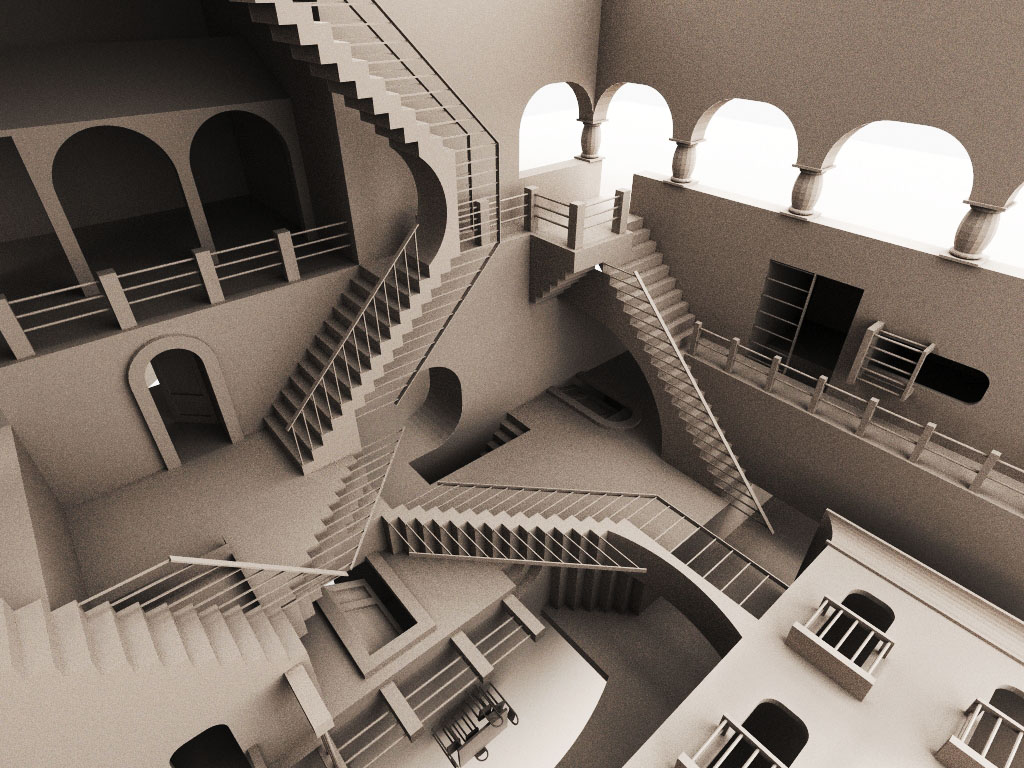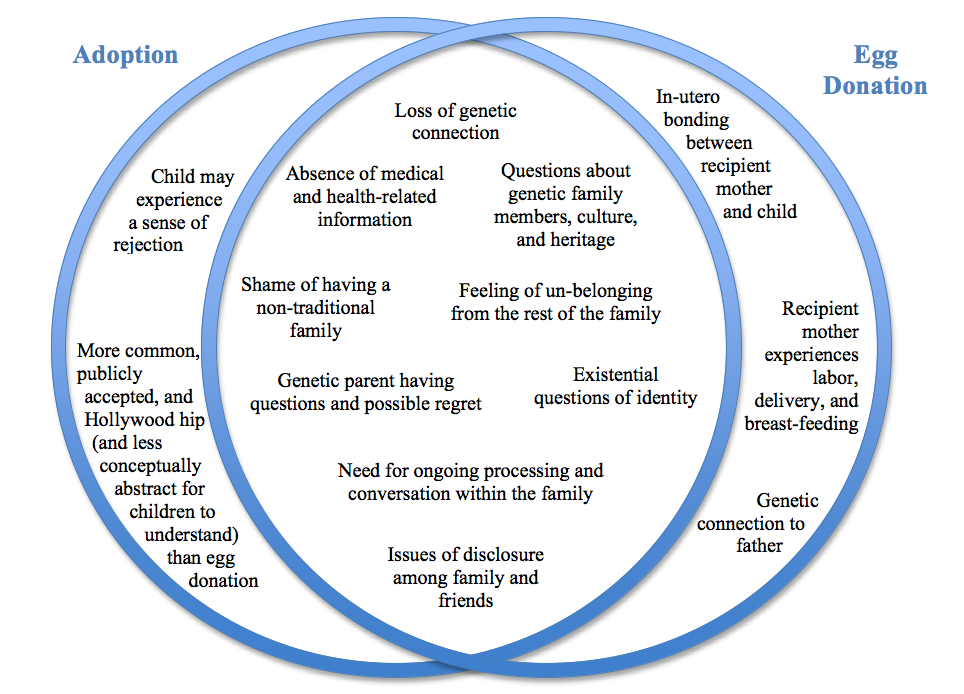For those of you living under a rock or some other place where no one gives a shit about egg donation, Katie Couric recently did a segment about a donor egg conceived child and her family who met their donor for the first time on her show. The program went as one might expect: some nervousness, lots of sweetness, and tons of positivity.
Afterwards, however, the tenor of the donor egg recipient community turned a vivid shade of fury because the language used on the show was different from the language we prefer. Whereas PVED uses "donor vs. biological mother" to differentiate the roles of the women, the people on Couric's show referred to the donor as the biological mother. Gasp.
The outrage went something like this: donors aren't mothers, and Katie Couric is an asshole.
Although I'm tempted to get into the weeds of the discussion, that would require too much tedium, so instead I'm just going to piss everyone off and say that I believe we're being overly sensitive, reactionary, and irrational because we're insecure about our roles as mothers.
Or at least that's true for me.
I've written my share of posts about language, and so I know all about the emotions that propel the fervor. Differentiating genetics from biology as if genes aren't a part of biology. Proclaiming that the donor is not a mother even though the entire history of science has a very clear definition of parent to the inclusion of the source of donated gametes.
Over the last few years, I've rallied against these truths, but all the while, something about my cries never sat right. Even in calm settings, these were never calm conversations. I tended to get a little worked up when talking about mine versus the donor's roles. Defensive. I always wore some layer of I-dare-you-to-challenge-my-legitimacy armor instead of admitting that "yes, as a factual matter of science, our donor is a biological mother to my child. Now how am I going to deal with how vulnerable that makes me feel?"
Because vulnerability is where this dogma comes from. Plain and simple, I'm afraid. I'm afraid that some people don't see me as the real mom. I lay awake wondering about the effects of my slow bonding process with my daughter and whether our relationship will suffer for it, or how much. I worry that she won't have enough of me in her, and she'll navel-gaze her way through adolescence until she ultimately disconnects from me completely. And if all of these questions didn't haunt me before, now I have to deal with them in the shadow of another mother.
But all of this is OK. I don't expose my fears to solicit comfort and validation, and I don't want your hugs. I don't want to feel better. I just want to feel.
It's important for me to sit with my grief. I cozy up to my sadness deliberately, and I make myself cry because I want to see my reflection in my tears. The more I feel the truth of my fears, the more quickly I can get through to the other side, even while the darkness makes me forget that another side exists.
I imagine that other donor egg recipients share some of the same vulnerabilities, and I imagine that some women are vulnerable in ways that are wholly different from me. I also imagine that some moms feel only a teensy amount of vulnerability and rarely think about their children's not uncomplicated (yes, that's a double negative) conception.
But I'll stop short of saying that any of us are 100% OK with the world of egg donation because I suspect that we all hang on to some degree of vulnerability. Even for those who are most at peace, at some point someone might say something that will trigger us, and suddenly we need to gouge out eyeballs, which - let's face it - is not the inclination of a person who's confident and secure.
Which brings me back to Katie Couric. As it did for most of my fellow egg donor recipients, the program challenged me. I almost didn't watch it ("biological mother? Come here so I can kill you."), but then I reflected on my resistance for long enough to muster up the courage, and I clicked play. I was nervous at the start, and as it went on, there were parts that definitely made me uncomfortable ("other grandmother?"). It wasn't easy, and it raised a lot of questions for me.
What if my daughter will want to meet her siblings? It's possible that she won't think about her genetic relatives, but it's also possible that she'll feel existentially incomplete until she gets to know this other part of her family. Will she want her donor in her life for milestones like graduations and her wedding, or will she need her around more often than that? And how in the world will I handle the threats of these possible futures without removing anyone's eyeballs?
But despite my emotional response, I can't deny that Couric did a pretty good job with the subject. She showed a healthy balance of curiosity and support, and she made her guests feel open and safe. Moreover, when all was said and done, I think the segment could potentially help normalize egg donation for people considering their family-building options. And maybe it even helped normalize egg donation for a certain someone who's already used it.
So fuck you, Katie Couric, for making me feel vulnerable. I hate you.
And thank you, Katie Couric, for making me feel vulnerable. I love you.
And thank you, Katie Couric, for making me feel vulnerable. I love you.
 Yesterday my father learned that my grandmother was very sick, and within a couple hours, he was at the airport. They Skyped while be was waiting to board, and she didn't recognize him, but that wasn't unusual.
Yesterday my father learned that my grandmother was very sick, and within a couple hours, he was at the airport. They Skyped while be was waiting to board, and she didn't recognize him, but that wasn't unusual.

